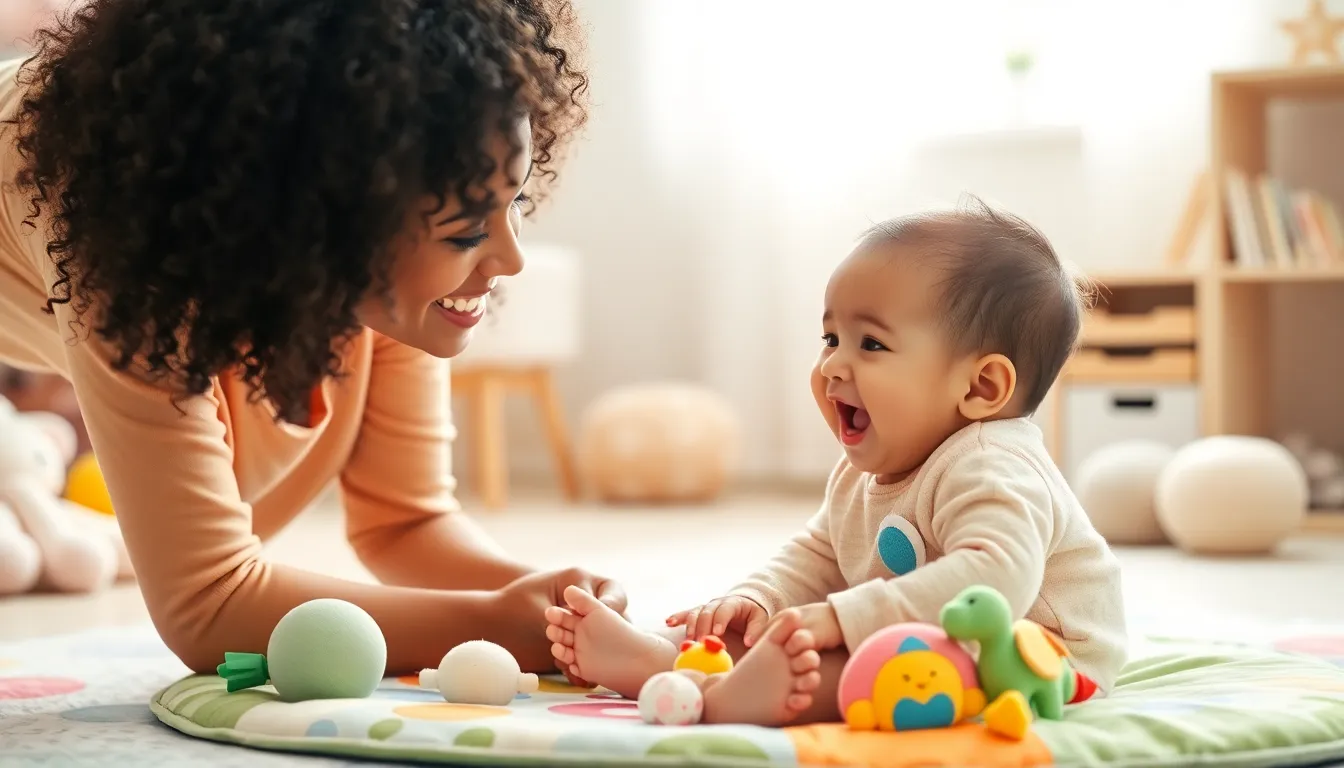Ever watched a baby babble and wondered when those adorable coos will finally transform into intelligible words? If you’ve ever tried to hold back your laughter when a tiny human announces “mama” or “dada” after months of gentle coaxing, then you’re not alone. The journey to those first words is as much a milestone for parents as it is for the little ones, and understanding this process can provide insights into child development that will keep you informed and entertained.
Understanding Language Development

Language development is a fascinating journey. Babies transition through various stages as they learn how to communicate, each stage laying the groundwork for the next.
Stages of Language Acquisition
Most experts agree there are four main stages of language acquisition: pre-linguistic, babbling, first words, and two-word phrases. The pre-linguistic stage specifically refers to the time when infants begin to grasp the sounds associated with their environment.
During the babbling stage, which usually begins around six months, infants experiment with sounds. They’ll babble away, mixing consonants and vowels. It’s music to a parent’s ears, even if it doesn’t make any sense yet. This phase is crucial: as babies learn about the rhythms and patterns of language.
The Role of Babbling
Babbling is more than just noise: it’s an essential practice. It teaches infants how to form sounds, as well as helps them identify their own vocal capabilities. Research indicates that the more babies babble, the more likely they are to speak their first words sooner.
Recognizing First Words
Every parent excitedly awaits those first few words. But what constitutes a first word? It’s not just about sound: it’s about meaning.
Common First Words and Their Meanings
Generally, the most common first words include “mama,” “dada,” and simple commands like “no.” These words may seem straightforward, yet they carry immense emotional weight. When they finally hear their little one articulate “mama” for the first time, parents often fight back tears of joy. Each utterance comes laden with love and connection, marking an important moment in the parent-child relationship.
Variations in First Words by Age
Did you know that there’s no one-size-fits-all answer for when babies say their first words? Variations are quite common.
Factors Influencing When Babies Speak
Typically, babies begin to speak between 10 to 14 months. But, some may start as early as 9 months while others may wait until 15 months or beyond. Factors like genetics, gender, and even environment all play a role. For example, boys often tend to talk a little later than girls.
Parental Interaction and Its Impact
Also, how parents interact with their babies greatly affects language development. Engaging in face-to-face conversations, reading books, and singing nursery rhymes can accelerate vocabulary building. It’s often said that the more words a baby hears, the more words they’ll eventually say.
Cultural Differences in Language Development
Language acquisition isn’t the same everywhere. Cultural context can heavily influence a baby’s first words.
Encouraging Early Language Skills
In some cultures, it’s not uncommon for parents to use different strategies. For example, certain cultures emphasize more interaction and vocalization with infants. This exposure significantly impacts when and how first words are spoken. Parents can encourage early language skills by immersing their children in engaging, language-rich environments.
Activities to Facilitate Language Development
Plus to understanding when babies speak, knowing how to help this development is crucial.
Monitoring Milestones and When to Seek Help
Keeping an eye on developmental milestones is vital. While most children will say their first words around the same age, not all follow the same timeline. Being proactive can be beneficial. Parents should consider seeking professional help if their child isn’t using any recognizable words by 15 months. Activities such as reading together, playing interactive games, and simply talking to the child all contribute positively to language development.
